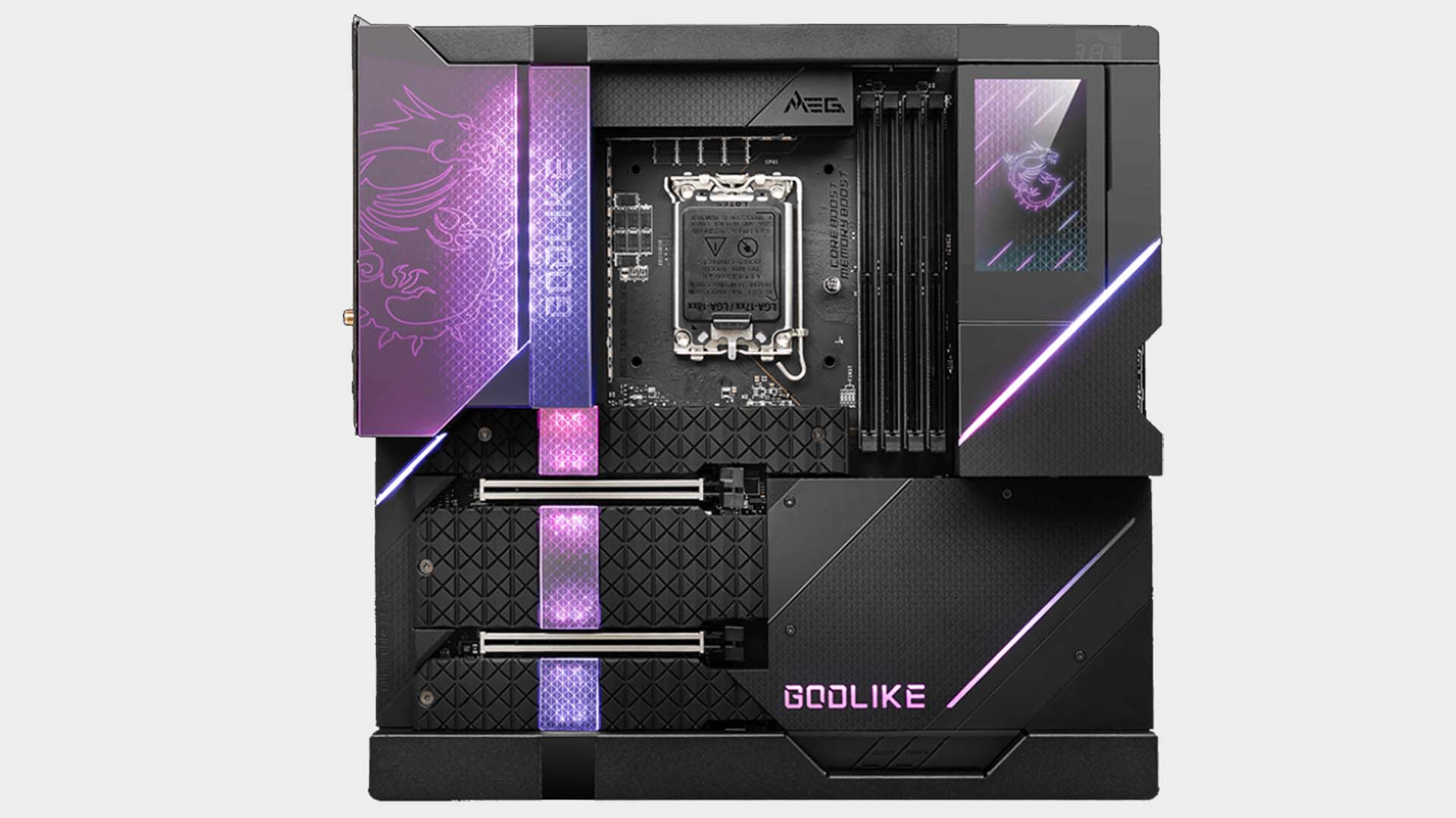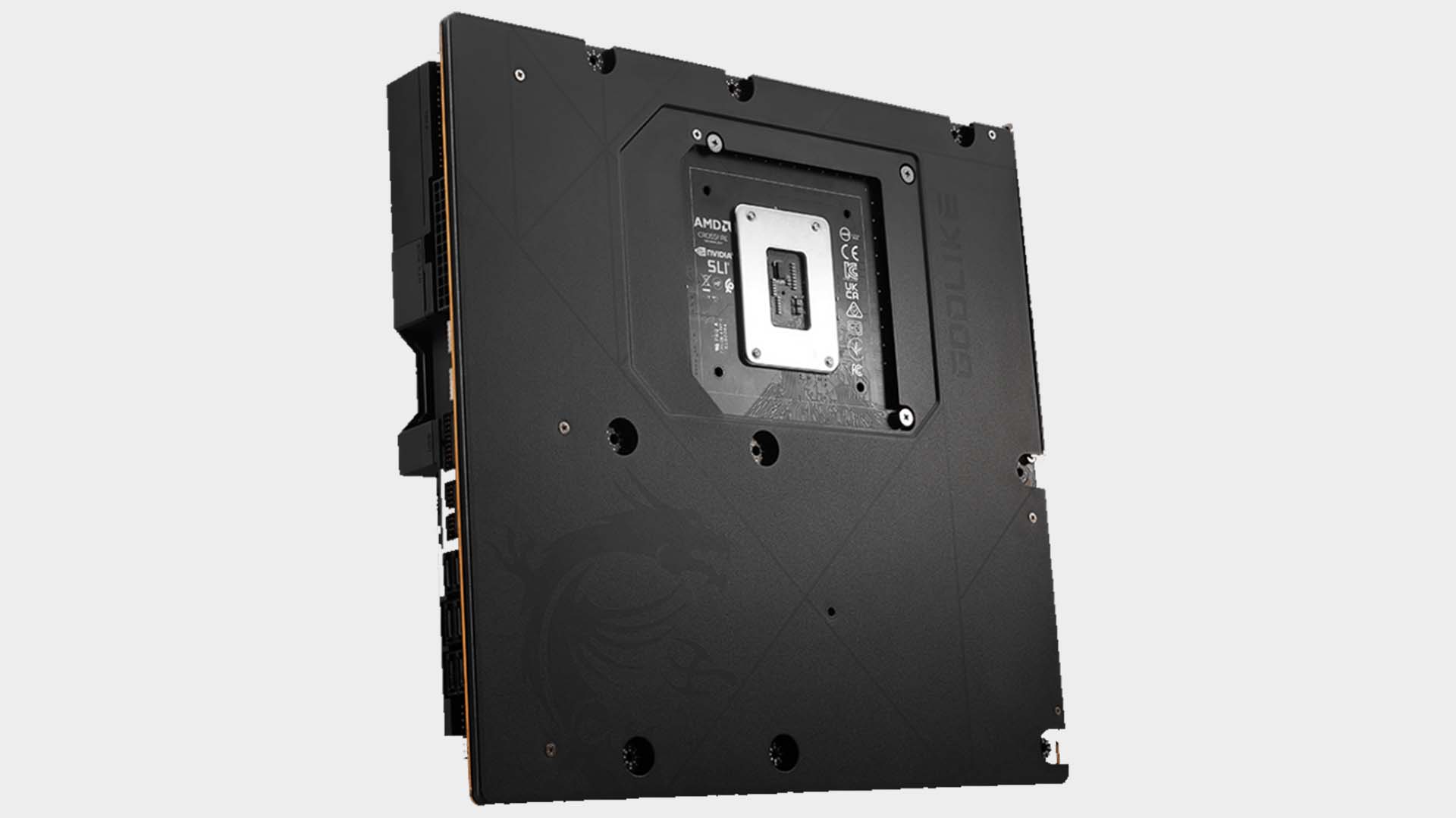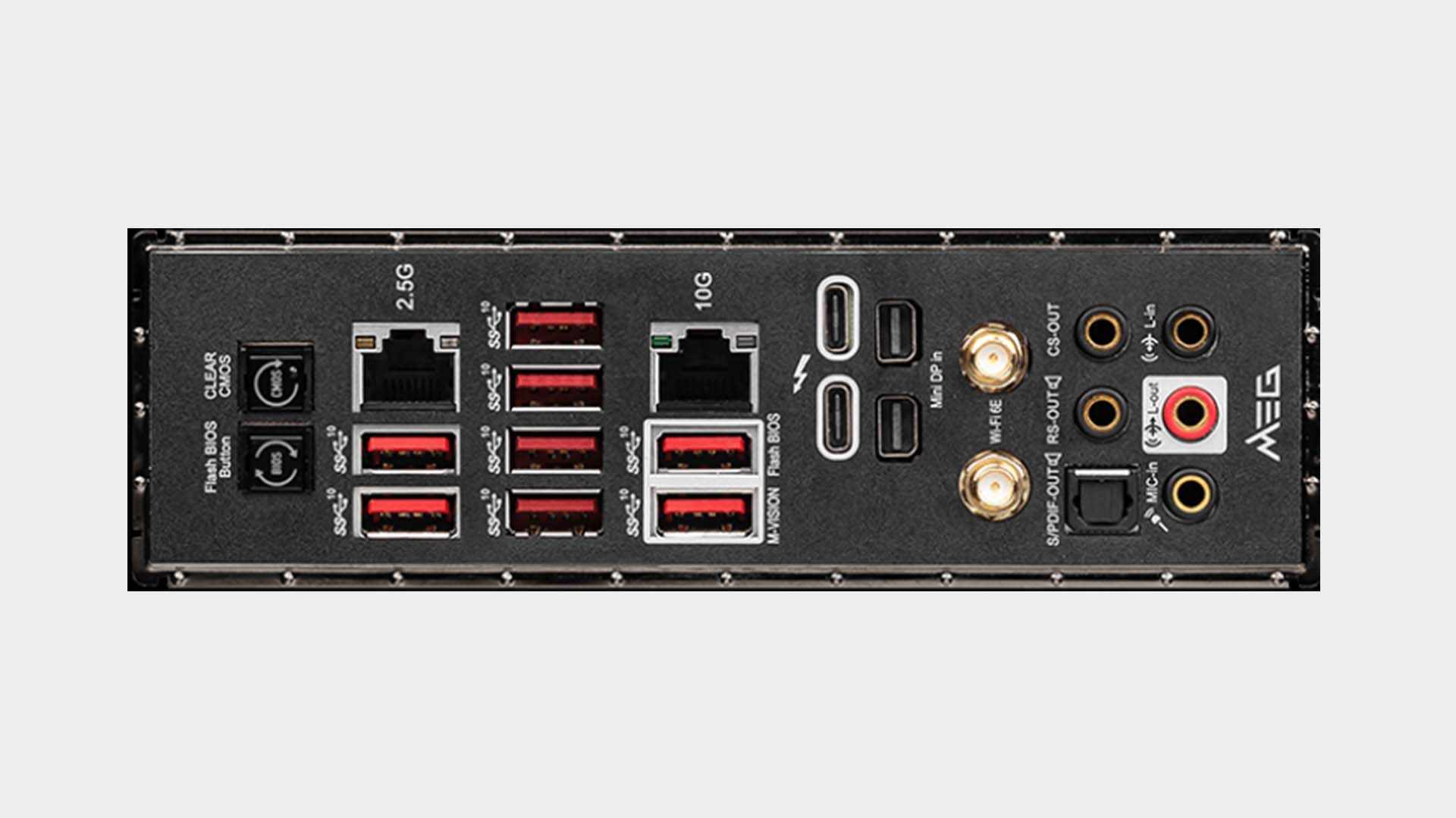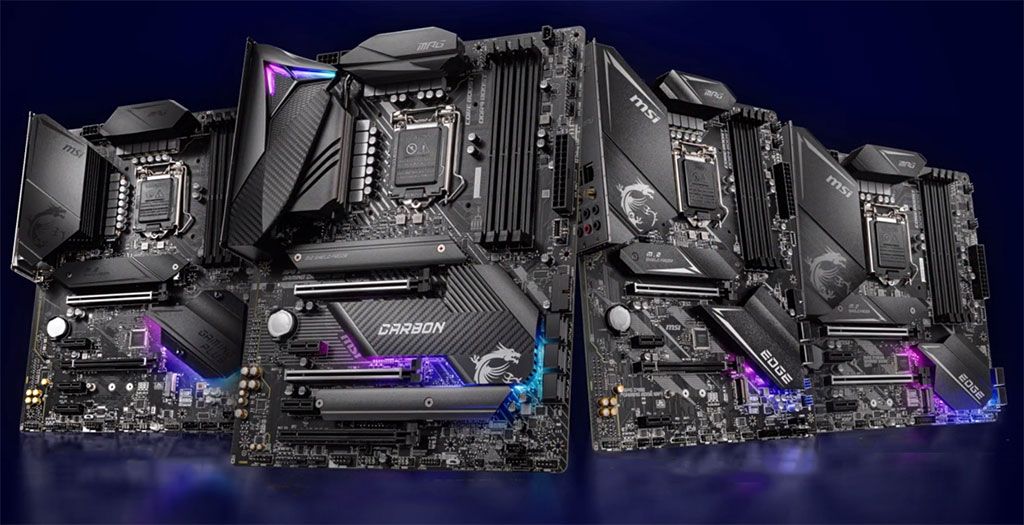MSI's $2,099 motherboard is out now, but it's as exclusive as it is absurd
You need to already own one of MSI's top-tier products to even register your interest in the Z690 Godlike.

MSI's Godlike motherboards are always extreme. Some might even say they're bereft of value (I would say that, in fact). Though if that is true of previous Godlike motherboards, where does that leave the MSI Godlike Z690—the extreme, premium, top-tier mobo from MSI that's launching today, in a sense, for $2,099.
This gaming motherboard costs as much as a gaming PC. A good one, too. Though there are some willing to spend so much cash on the best. I'm definitely not one of them, however. I baulked at the MSI MEG X570 Godlike once, and that was just $700—down from the original $777 to celebrate AMD's 7nm achievements, which also served as frightful reminder that companies can, and do, just make prices up sometimes.
At least with the MSI MEG Godlike Z690 you're getting a little more in the box than just a motherboard and some accessories. The whole package, which was confirmed with a price tag of $2,099 last year, includes motherboard, MSI's MEG CoreLiquid S360 chip chiller, and a double pack of Kingston Fury Beast DDR5 16GB (32GB in total). That's around $630 in those accessories alone, so the actual motherboard is a fair bit cheaper than it sounds.
It's still ludicrously expensive, of course, at around $1,469 for the motherboard alone. That also means, with the Godlike, your motherboard will actually cost more than double what you'll spend on the best processor Intel makes that it fits: the Core i9 12900K.
So what makes a motherboard worth more than a processor? Perhaps it's the cleaning brush included with the Godlike? Maybe not. Fundamentally, a motherboard's best ability will be to extract the best performance out of that processor and the processor's platform, but when you're talking this much cash you're talking some seriously diminishing returns.
That's because ultimately the platform is up to Intel. So while a more expensive motherboard will eke more out of a chipset and CPU, there is a limit to what is possible.
What might add to the value, however, is a bespoke motherboard screen with hot key functions, tools, system info, and debug codes on display. For those times when you're staring into your PC case rather than actually using it for anything, clearly. It's touchscreen, of course, so at least while your PC case is open it's really handy.
The biggest gaming news, reviews and hardware deals
Keep up to date with the most important stories and the best deals, as picked by the PC Gamer team.



The other benefit of such a chunky board is in power delivery and perhaps overclocking ability. But you really don't want to brick a CPU and a $1,469 motherboard all at once. The Godlike is also not your traditional high-performance, slim feature set overclocking board, either.
The 20+2 phase 105A VRM certainly goes a long way in effective power delivery, at least, even if it is wildly overkill by any standard.

Best gaming motherboard: the best boards around
Best AMD motherboard: your new Ryzen's new home
The Godlike will likely be a picture of motherboard quality, too. The previous models were, even if there was never much sense in them. And don't let me dissuade you from dreaming of a time when you can spend $2,000 on your PC's less crucial components and feel fine about it.
Personally, I wouldn't go for the Godlike here even if I was in that position, simply because I'm not a fan of how it looks. But to each their own.
There's also the little issue of availability. PC components are hard to come by, wouldn't you know, and MSI is making the Z690 Godlike especially tough by locking it behind a registration page that prioritises previous customers, those which have bought a previous Godlike motherboard or one of its RTX 3080 or 3090 graphics cards.
You can register your interest here. That is, if you're interested, loaded, and already own one of MSI's top-tier products.

Jacob earned his first byline writing for his own tech blog. From there, he graduated to professionally breaking things as hardware writer at PCGamesN, and would go on to run the team as hardware editor. He joined PC Gamer's top staff as senior hardware editor before becoming managing editor of the hardware team, and you'll now find him reporting on the latest developments in the technology and gaming industries and testing the newest PC components.

